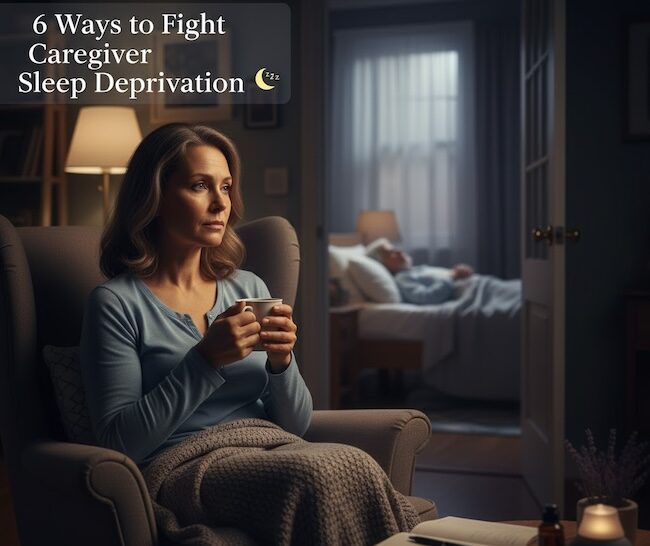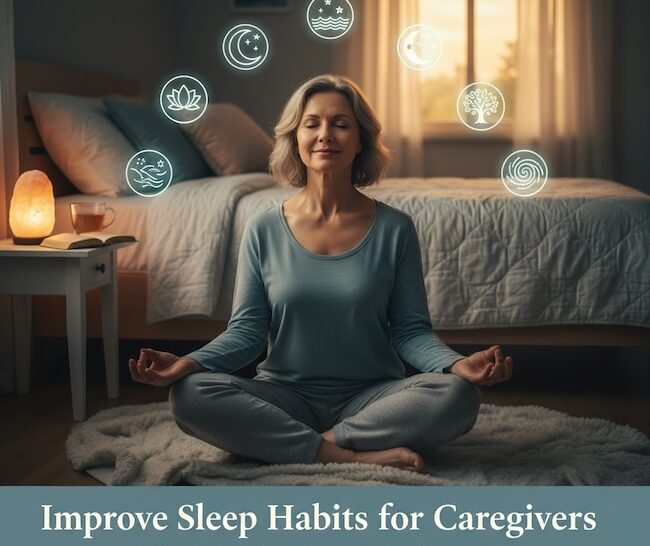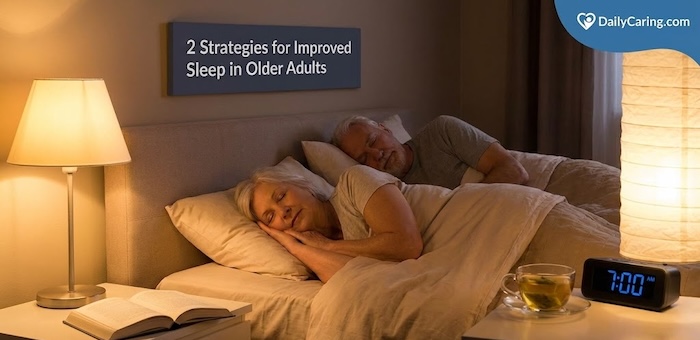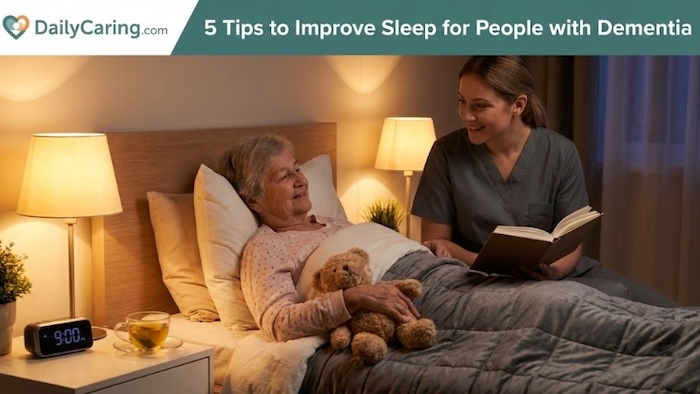When You’re a Caregiver, Sleep Doesn’t Come Easy Even when you get the chance to rest, the constant stress and worry of caregiving can make it difficult to fall asleep. And if you need to wake during the night to help your older adult, the problem is compounded. But as you well know, sleep is essential for caregiver health and well-being. We…
















